Image: EBU / ANDRES PUTTING
In my previous post, I reviewed the Eurovision Song Contest 2021 as a good year song-wise, but also expressed my disenchantment at its stage design. I asked for a return to live vocals and shared my thoughts on the competitive part of the show.
I closed my post wondering whether the voting presentation could change again in the future, and suggested that I’m seeing various signs that hint towards a wind of change around the Eurovision Song Contest in general.
So indeed, now it’s time to look ahead! Let’s speculate: How could the Eurovision Song Contest shape up in the remaining years of the new decade? And first: Why do I think we might see a change in the voting presentation again, and maybe even a return to the pre-2016-format?
For one, there was an “Ask Martin” session on Twitter a few days ago, in which the new Executive Supervisor of the Eurovision Song Contest, Martin Österdahl, was asked whether there’s a chance to go back to spokespeople reading out the 8, 10 and 12 points. Quoting him, writing as the official “Eurovision Song Content” account: “Nothing’s unthinkable. Stay tuned!”. Let’s be honest, if you are in his position, and it’s mid-May, you have a whole lot to do. If you take time to answer questions on Twitter, you do this with the awareness that you can only answer a fraction of the questions. You have to be picky about the questions you reply to, and careful what you communicate in public. So the fact that he decided to reply to this, out of all kinds of questions, and with this answer, suggests that he probably isn’t reluctant at all to the thought of changing the voting presentation again. In the meantime, I’ve read many other bloggers and Twitter users who call for a return to the old presentation – just like I do, herewith. Whether Österdahl or the EBU in general is thinking of a “back to the roots” concept, or have something else on their minds regarding the voting presentation, remains to be seen. But at least we’re getting some reasons to speculate about this.
Nothing’s unthinkable. Stay tuned! https://t.co/3qeJOMII8r
— Eurovision Song Contest (@Eurovision) May 20, 2021
But the wind of change doesn’t only seem to blow on the voting front. The top five this year featured four songs in languages other than English. This proves that the diversity of languages at Eurovision is still (or again) highly popular with both juries and televoters. Looking at the top ten of ESC 2021, something else becomes obvious: Self-written songs, or songs in which the artist is at least involved as a writer, are very successful. There is no reason to believe that self-written songs are necessarily better or more successful just because of their genesis, but it is quite striking. If anything, I hope it leads to more countries trusting in the talents of their own people again. I never wanted Eurovision to become an event in which the “sound” of one particular country, which happens to be internationally quite successful in music production, dominates the line-up. I have nothing against a good song written by an international team, but I want to hear something genuinely Azerbaijani for a change, for example. The results suggest that both juries and televoters agree with me. Eurovision lives and thrives from diversity and local flavours, and this doesn’t stop when it comes to songwriting and music production. Last week’s results at least hint at a paradigm shift, and I guess they delivered enough reasons to expect that the music at Eurovision – after a quite boring late part of the 2010s – is becoming more diverse again. The return to more national finals will probably validate this expectation. I only hope for more ethnic songs next year.
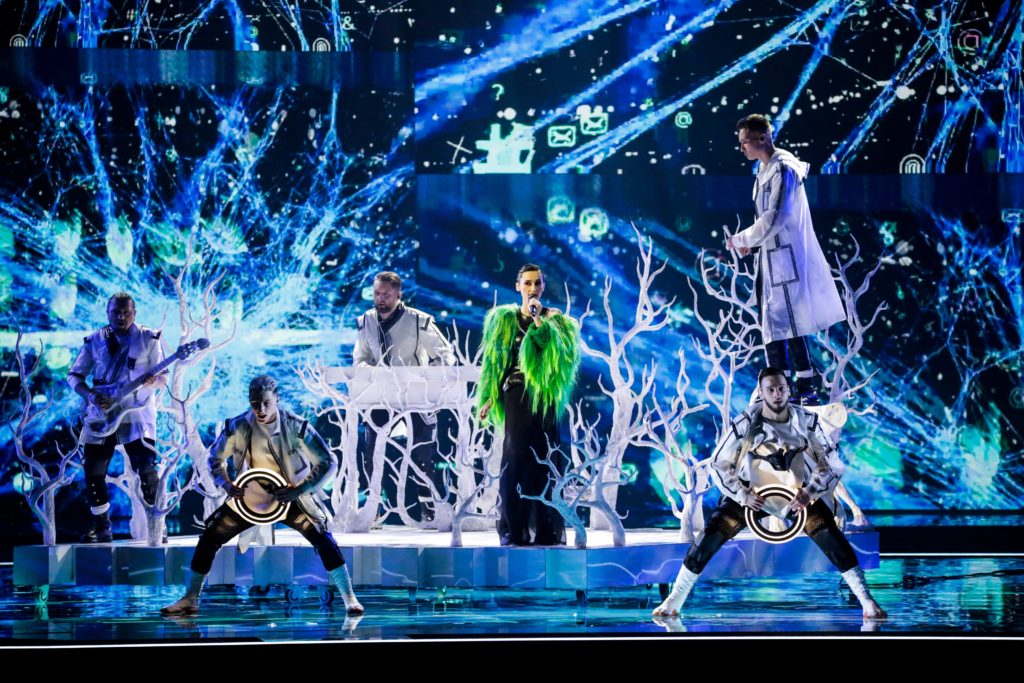
Self-written, Ukrainian, ethnic, and very successful: Shum (Photo: EBU / Thomas Hanses)
In my last post, I stated that between 2016 and 2019, Eurovision as we knew it felt eradicated to me. The contest felt like it was losing its identity – when looking at the music, when looking at the “globalisation” of Eurovision, and finally when looking at the split results presentation. I think I can relax: The top ten of ESC 2021 provides enough proof that Eurovision didn’t turn into an English-language mainstream pop show after all. This year’s lack of “American superstar sings in the interval act” has thankfully helped us believe that Eurovision is back to its old values, back to itself being the superstar. The subliminal feeling that Europe had “lost” its own celebration, the thing that Eurovision has been since 1956, at the cost of its globalisation seems to be gone.
The danger of becoming “relevant but unrecognizable” was lying in the air since and after 2016. A contest that reflects the real music business? Would that be needed? The Eurovision Song Contest doesn’t need to produce world hits in order to be relevant for enough people. The Eurovision Song Contest needs to hold up its traditional core values to remain relevant. And established artists don’t need the Eurovision Song Contest. When both worlds collide, that doesn’t have to be a bad thing, either. But it’s important that Eurovision stays true to itself. It must be a showcase for all kinds of music, whether may it be authentic, hip, cheesy, awkward, embarrassing or experimental. Whether it may sound commercial, alternative or folkloric (not that those three things are mutually exclusive). And whether it may sound highly professional or amateurish.
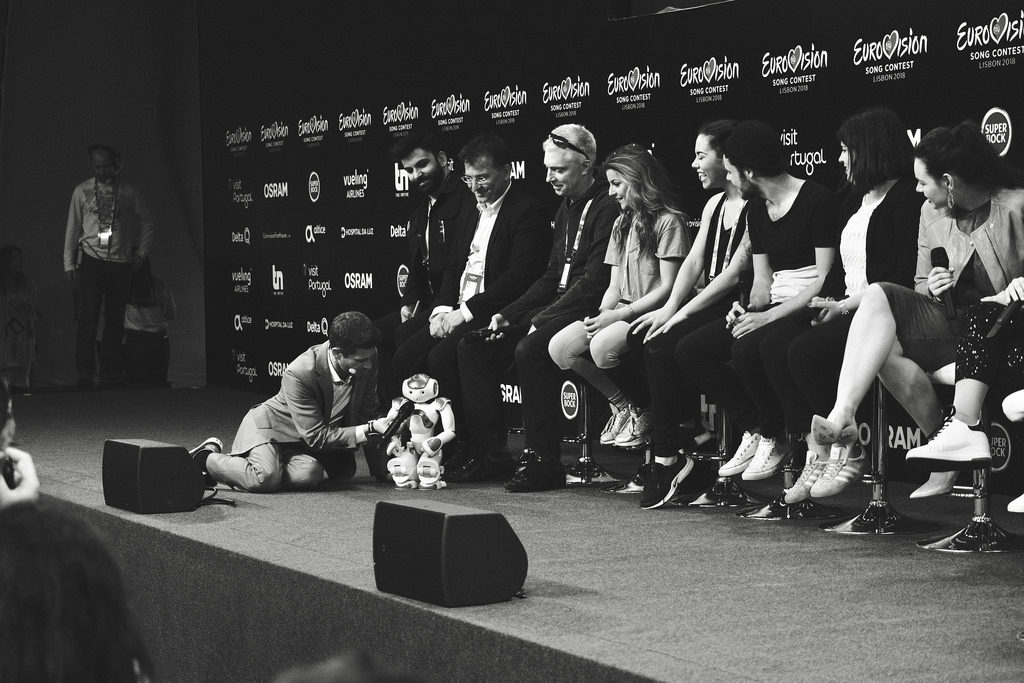
More signs, hinting at possible changes, lie within the change of personnel. As we know, Eurovision has a new Executive Supervisor. “Another Swede”, I hear you. But just because he has the same nationality as another very influential character, Christer Björkman, doesn’t necessarily mean that both have the same thoughts, opinions and visions about Eurovision. And the influence of the latter on Eurovision is probably waning anyway, now that he is moving to America and leaving Eurovision behind in order to focus on his new project. That’s an unbiased assessment really – no judgment implied. We will see how Österdahl will “treat” the contest, how he will shape it in the upcoming years. And on a smaller scale, the long-term mastermind of Germany at Eurovision is quitting after 14 years. There’s hope for things to change here too, on a national level. Maybe we’ll start sending better songs soon.
Anyway! Those are all little observations which, when combined, make it look as if Eurovision is done with the transitional period that the last five years seemed to be, and is now on the doorstep to a new era. A new golden era?
I’m not a prophet, but as mentioned above, it might be the case. Italy is hosting the next Eurovision Song Contest, and that might even mean a return of the orchestra. They will most likely want to cooperate with an Italian stage designer. They will definitely want to have more influence on the show than many other previous hosts, and that’s a good thing. More local flavour, please. And as good as this year’s ESC in Rotterdam was, by the time it happened, it was an old stage design. An old theme. It was more or less a product of the old decade.
With the upcoming Eurovision Song Contest in Italy, we can expect a lot of new life and colour breathed into Eurovision. First, there will be some PED of course. But I think there is a whole lot to look forward to.
And so, we are now indeed “between the years”. And if I can trust my gut feeling, we’re now also between the end of a transitional phase and the start of a new – and maybe indeed golden – age of Eurovision.


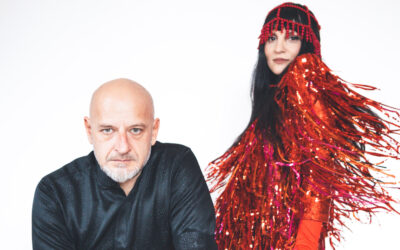

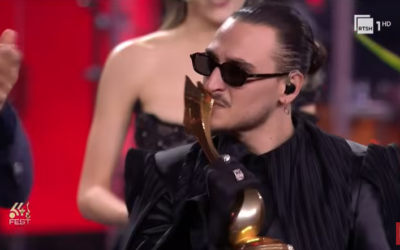
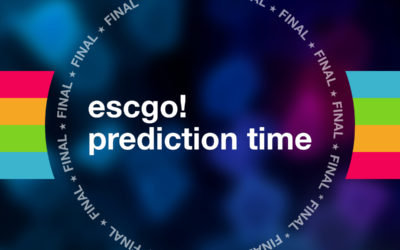

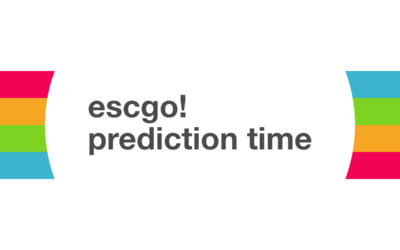

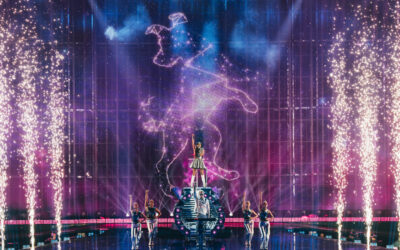



I agree it was a bit generic although I didn’t mind it at all. Nevertheless, I am also looking forward to the Italian flavour in next Eurovision 2022, with Italian brains, creativity, and design. Something to look forward to for whole 12 months 🙂